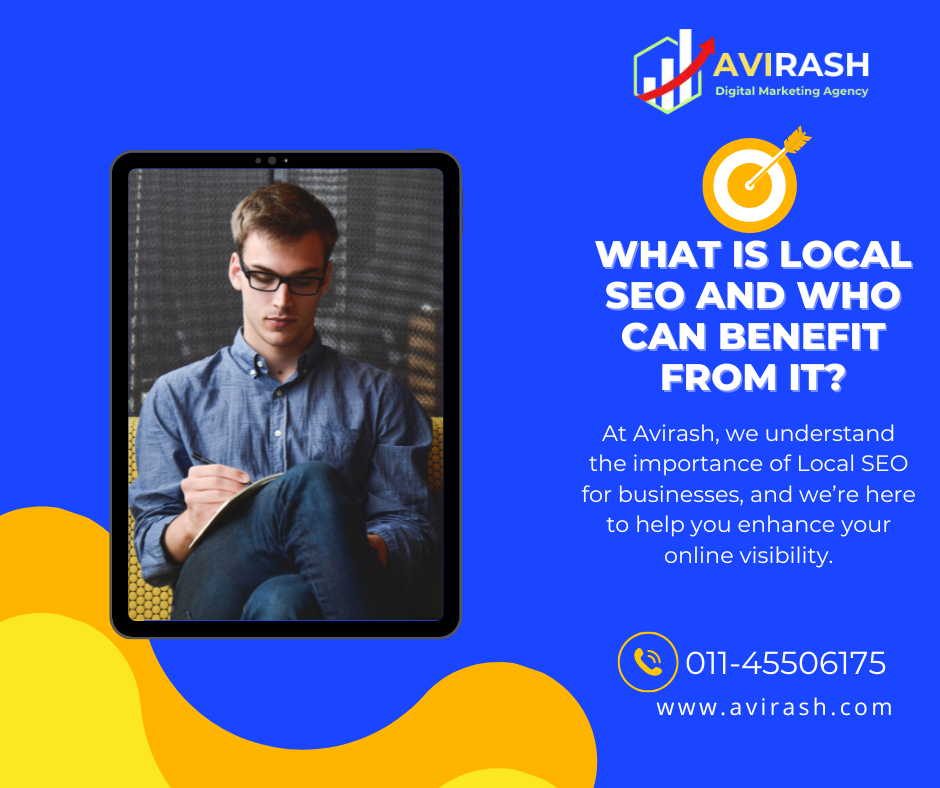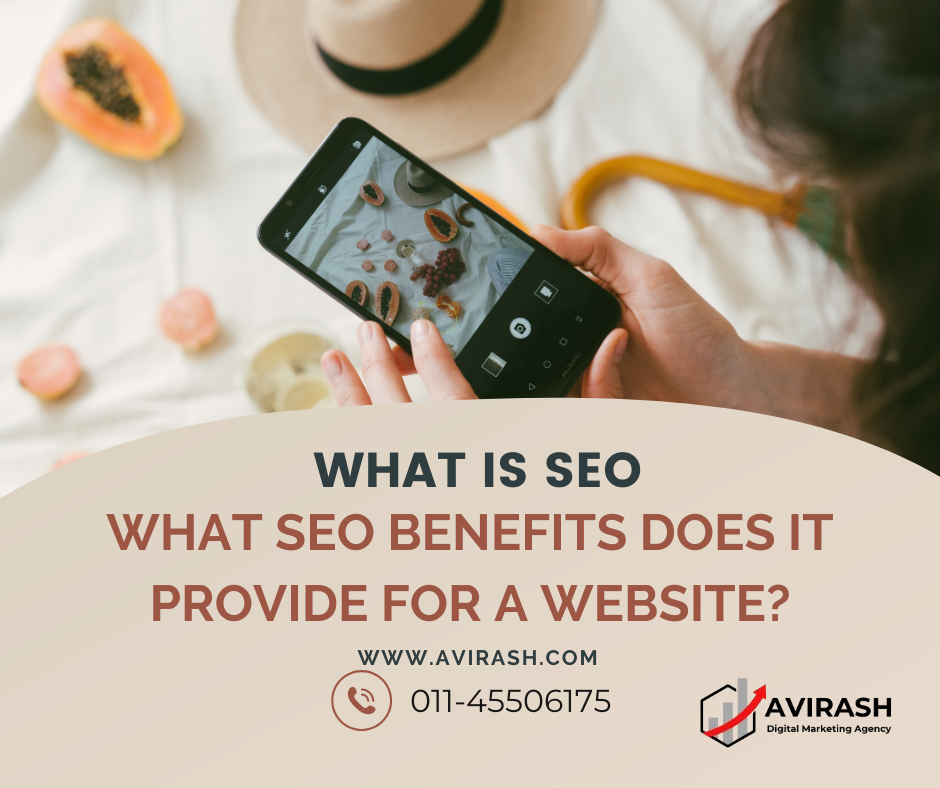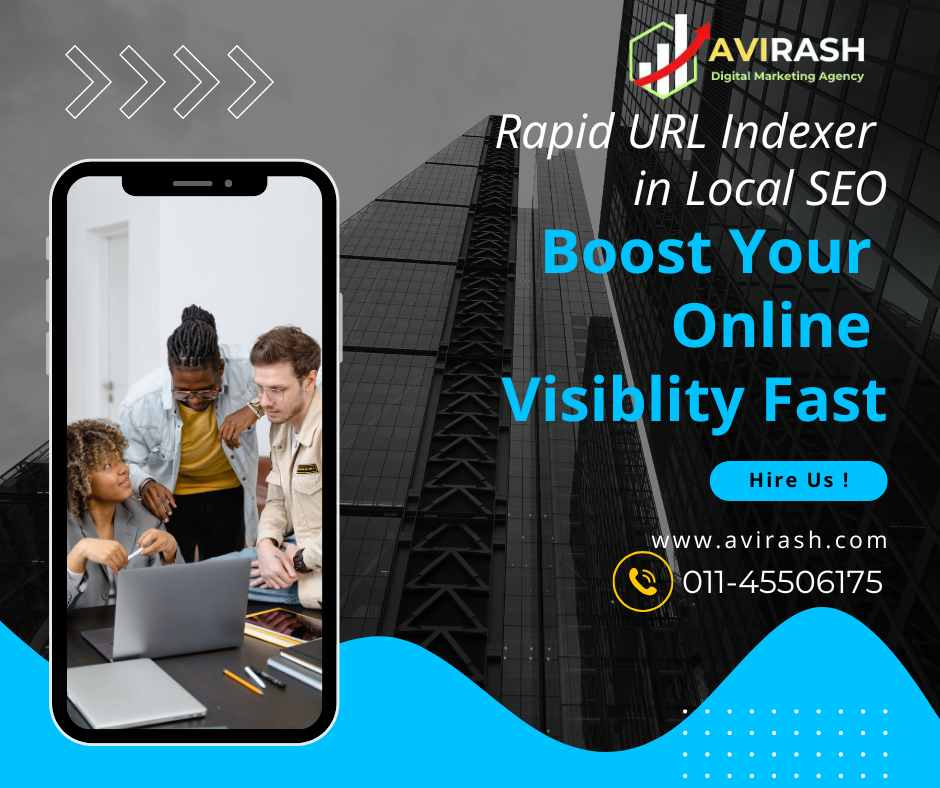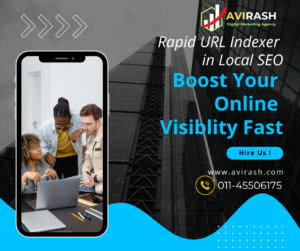What is SEO – In the rapidly evolving world of digital marketing, search engine optimization (SEO) has emerged as a cornerstone for businesses striving to build an online presence. Whether you’re a small business owner, a content creator, or the manager of a large corporation, SEO is a key tool that can determine your visibility, reach, and success in the online landscape. But what exactly is SEO, and what benefits does it bring to your website? In this article, we’ll dive deep into the concept of SEO and explore how it can transform your website into a powerful marketing tool.
What is SEO?

Search Engine Optimization, commonly known as SEO, refers to the process of improving a website’s visibility on search engine results pages (SERPs). It involves optimizing various elements of a website—both on-page and off-page—to ensure that search engines like Google, Bing, and Yahoo rank it higher for relevant queries.
SEO is not a single technique but a collection of strategies and practices aimed at understanding and fulfilling search engine algorithms. These algorithms determine how content is ranked based on its relevance, quality, and user engagement metrics.
Types of SEO
- On-Page SEO: This involves optimizing the elements within your website. Examples include:
- Using relevant keywords in content, headers, and meta descriptions.
- Improving content quality and readability.
- Optimizing images with alt text and proper file sizes.
- Ensuring proper HTML structure, such as title tags and schema markup.
- Off-Page SEO: This focuses on activities outside your website that influence rankings, such as:
- Building high-quality backlinks from authoritative websites.
- Social media marketing.
- Influencer outreach and guest blogging.
- Technical SEO: This ensures that a website meets the technical requirements of search engines, including:
- Fast loading speeds.
- Mobile responsiveness.
- Secure connections (HTTPS).
- A well-structured XML sitemap.
- Local SEO: Aimed at improving visibility for local searches, local SEO involves optimizing your Google Business Profile, managing online reviews, and incorporating local keywords.
Why is SEO Important?

The digital age has made search engines the primary source of information for billions of people worldwide. Whether it’s looking for a nearby restaurant, finding a product review, or learning how to solve a problem, users rely on search engines to guide them. Here’s why SEO plays a crucial role in this ecosystem:
- Increased Visibility: Appearing on the first page of search results significantly increases the likelihood of attracting clicks.
- Organic Traffic: SEO drives unpaid, high-quality traffic to your website, unlike paid ads which require continuous investment.
- Credibility and Trust: Websites that rank higher on SERPs are often perceived as more trustworthy and authoritative.
- Cost-Effectiveness: Once established, SEO efforts can yield long-term results without additional costs for clicks or impressions.
- Competitive Edge: Effective SEO allows you to outshine competitors and establish your brand as a leader in your niche.
Benefits of SEO for a Website
Now that we understand what SEO is and its importance, let’s look at the specific benefits it provides for a website:
1. Higher Search Engine Rankings
SEO improves your website’s position on search engine results pages. The higher your site ranks for targeted keywords, the more visible it becomes to potential visitors. Most users don’t scroll past the first page of search results, making it essential to aim for top spots.
2. Increased Organic Traffic
Organic traffic refers to visitors who find your site through unpaid search results. SEO ensures that your website attracts users actively searching for content, products, or services like yours, resulting in more relevant and engaged visitors.
3. Better User Experience
A good SEO strategy goes hand-in-hand with improved user experience. Optimizing page loading speed, ensuring mobile compatibility, and creating valuable content are not only good for SEO but also enhance the overall experience for your visitors.
4. Builds Credibility and Authority
Websites that rank high on SERPs are often viewed as industry leaders. By consistently producing quality content, earning backlinks from reputable sites, and engaging with your audience, you can establish your website as a trusted resource.
5. Higher ROI (Return on Investment)
Compared to other digital marketing strategies, SEO provides a higher ROI. It targets users who are already looking for your products or services, making it more effective at converting traffic into leads or sales.
6. Improved Local Visibility
For businesses targeting a local audience, local SEO is a game-changer. Optimizing your Google Business Profile, earning positive reviews, and targeting local keywords can make your website the go-to option for nearby customers.
7. Enhanced Mobile Experience
With mobile devices accounting for the majority of web traffic, search engines prioritize mobile-friendly websites. SEO ensures your website is optimized for mobile users, which can significantly improve your traffic and engagement metrics.
8. Long-Term Results
Unlike paid advertisements that stop delivering results once you stop paying, SEO offers long-term benefits. With consistent efforts, your website can maintain or improve its ranking over time, ensuring a steady stream of traffic.
9. Targeted Marketing
SEO allows you to target specific audiences based on their search intent. By optimizing for long-tail keywords and creating niche content, you can attract highly relevant visitors more likely to convert.
10. Keeps You Ahead of Competitors
In a competitive market, SEO can give you the edge by ensuring your website ranks higher than your competitors for valuable keywords. A strong SEO strategy positions your brand as the top choice in your industry.
How to Get Started with SEO

Getting started with SEO might seem overwhelming, but breaking it down into actionable steps can make the process more manageable. Here’s how to begin:
- Conduct Keyword Research: Use tools like Google Keyword Planner, SEMrush, or Ahrefs to identify the most relevant and valuable keywords for your industry.
- Optimize On-Page Elements: Ensure your title tags, meta descriptions, headers, and content include your target keywords. Create content that addresses your audience’s pain points and answers their questions.
- Improve Technical SEO: Audit your website for issues such as broken links, slow loading speeds, and mobile-friendliness. Use tools like Google Search Console to monitor your site’s performance.
- Build Quality Backlinks: Earn backlinks by creating valuable content, reaching out to industry influencers, and guest blogging on reputable sites.
- Focus on Local SEO: If applicable, optimize your Google Business Profile, encourage customers to leave reviews, and use local keywords in your content.
- Track and Measure Results: Use analytics tools like Google Analytics and SEMrush to track your website’s performance. Monitor metrics such as organic traffic, bounce rate, and keyword rankings to refine your strategy.
Conclusion
SEO is a powerful tool that can elevate your website from obscurity to prominence in the digital world. By improving your search engine rankings, driving organic traffic, and enhancing user experience, SEO not only boosts your online visibility but also builds trust and credibility with your audience. Whether you’re looking to attract local customers, establish your brand as an authority, or achieve long-term growth, investing in SEO is a decision that pays dividends.
For businesses and websites like Avirash, understanding and implementing SEO strategies can open new doors to success. It’s not just about ranking higher; it’s about connecting with your audience in meaningful ways and providing them with the value they seek. Start optimizing today and watch as your website transforms into a magnet for growth and opportunity.




